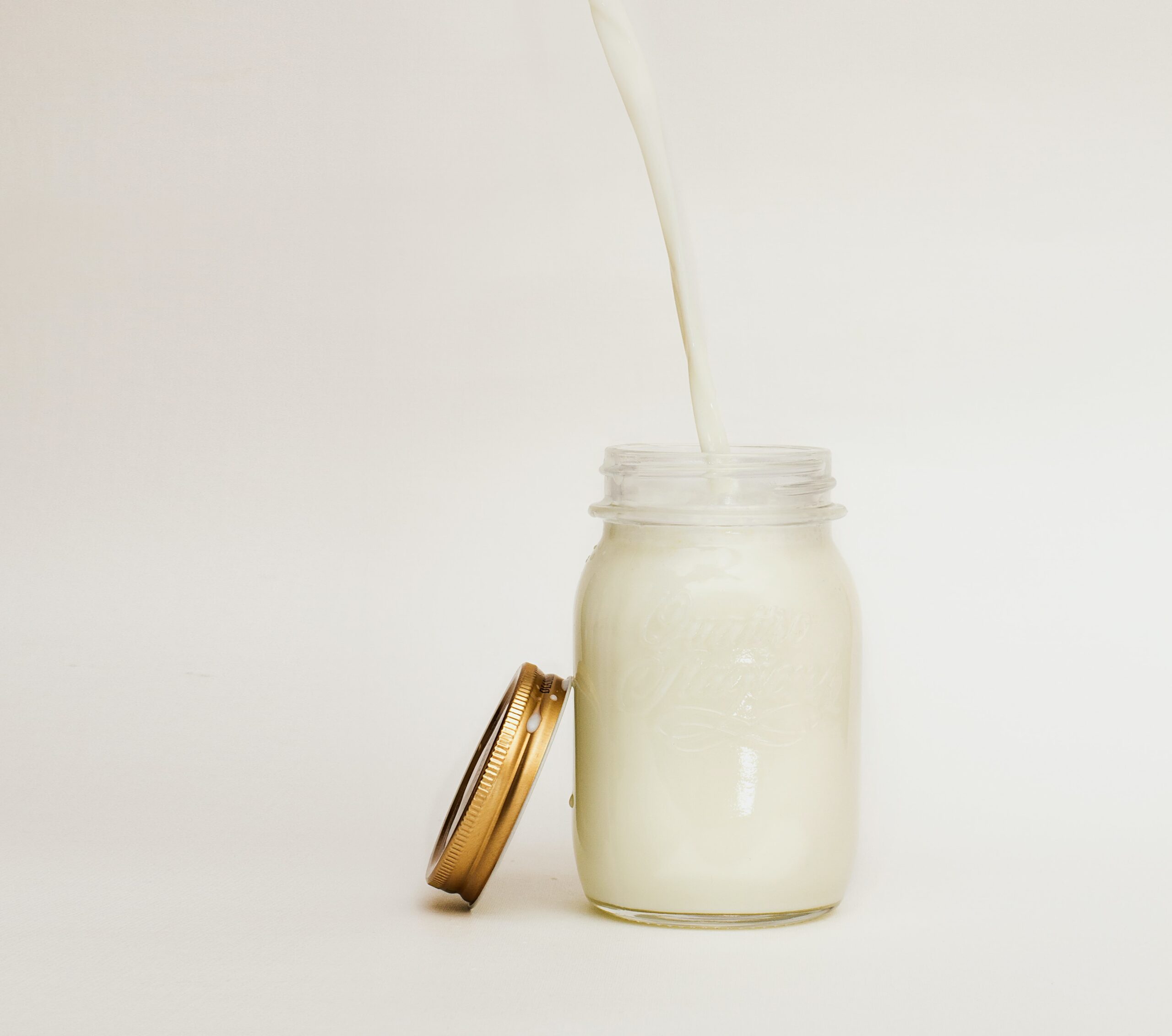In the realm of culinary exploration, our four-legged companions often find themselves the eager recipients of our culinary experiments. One such intriguing question that arises is whether giving spoiled milk to dogs is a harmless indulgence or a potential health hazard. As we traverse the delicate terrain of dietary choices for our furry friends, it becomes paramount to unravel the potential risks associated with sharing dairy products and, more specifically, spoiled milk with our canine companions.
The notion of treating our dogs to the remnants of our own gastronomic adventures is not uncommon. However, the well-being of our loyal companions hinges on a foundation of informed decision-making, particularly when it comes to their dietary needs. The journey to understanding the effects of spoiled milk on dogs’ health is not merely an exercise in precaution; it is a testament to the responsibility and care we hold for our furry family members.
In the pages that follow, we delve into the intricacies of canine digestion, the implications of consuming spoiled dairy, and the potential consequences for our dogs’ health and well-being. By shedding light on the scientific understanding surrounding this dietary choice, we strive to equip pet owners with the knowledge necessary to make informed decisions about their dogs’ dietary habits. As we navigate the labyrinthine pathways of nutritional considerations, our compass is set on safeguarding the vitality and happiness of our cherished companions.

The Risks of Spoiled Milk
In the realm of canine nutrition, even the most well-intentioned gestures can unwittingly lead to unintended consequences. When it comes to sharing our food with our dogs, the seemingly harmless act of offering a taste of spoiled milk can introduce a host of risks to their health and well-being.
Bacterial Growth and Digestive Upset: Spoiled milk, a result of bacterial growth, is a breeding ground for microorganisms that can spell trouble for our canine companions. As milk undergoes deterioration, harmful bacteria proliferate, and their presence can trigger a range of digestive disturbances in dogs. The delicate balance of the canine gastrointestinal system can be disrupted, leading to discomfort, indigestion, and even food poisoning.
Potential Health Issues: The consumption of spoiled milk can open the door to a litany of health concerns for dogs. From vomiting and diarrhea to abdominal pain and lethargy, the consequences of ingesting spoiled dairy can be distressing and even dangerous. The bacterial toxins released during milk spoilage pose a genuine threat to a dog’s overall well-being, compromising their vitality and potentially necessitating veterinary intervention.
Lactose Intolerance in Dogs
Unveiling the intricate intricacies of canine digestion reveals a crucial factor that shapes the potential risks of dairy consumption, including spoiled milk – lactose intolerance.
Relevance of Lactose Intolerance: Lactose, a sugar found in milk, requires the enzyme lactase to be properly broken down and digested. While puppies produce sufficient lactase to nurse, many adult dogs experience a decline in lactase production as they mature. This phenomenon, known as lactose intolerance, renders them ill-equipped to efficiently process lactose, leading to a cascade of gastrointestinal discomfort.
Gastrointestinal Discomfort: For lactose-intolerant dogs, consuming dairy products, including spoiled milk, can trigger a range of uncomfortable symptoms. The undigested lactose ferments in the gut, leading to gas production, bloating, and the aforementioned digestive issues. The result is an experience that ranges from mild discomfort to significant distress, underscoring the importance of considering a dog’s unique digestive capabilities.
As we traverse the landscape of canine nutrition, it becomes evident that our culinary choices for our furry companions hold far-reaching implications. Recognizing the risks posed by spoiled milk and the specter of lactose intolerance underscores the need for mindful decision-making when it comes to our dogs’ diets. By prioritizing their health and well-being and equipping ourselves with a thorough understanding of these risks, we honor our responsibility as stewards of their lives, ensuring that every culinary offering enriches rather than compromises their vitality.

Digestive Upset and Vomiting
The innocuous act of offering a morsel of spoiled milk to our dogs can set off a cascade of immediate and distressing effects. Dogs’ sensitive digestive systems are particularly vulnerable to the disruptive forces of spoiled dairy consumption, often resulting in a range of discomforting symptoms.
Immediate Digestive Disturbances: When dogs ingest spoiled milk, their digestive tract can become a battleground of disruption. The bacterial toxins present in spoiled milk can wreak havoc on the delicate balance of the gut, leading to rapid and often pronounced digestive upset. This can manifest as abdominal discomfort, cramping, and the release of excessive gas.
Vomiting and Diarrhea: One of the most evident reactions to consuming spoiled milk is vomiting – the body’s instinctive response to expel potentially harmful substances. Concurrently, the body’s attempts to rid itself of these toxins can lead to diarrhea, as the colon works to flush out the irritants. The combination of vomiting and diarrhea can leave dogs feeling weak, dehydrated, and considerably distressed.
Avoidance for Canine Comfort: The discomfort experienced by dogs following the consumption of spoiled milk highlights the critical need to exercise caution in sharing our foods with them. Prioritizing their well-being means steering clear of offerings that can provoke such symptoms, thus preserving their comfort and vitality.
Food Poisoning and Bacterial Infections
Beyond the realm of digestive disturbances, the risk of more serious consequences looms when dogs consume spoiled milk tainted with harmful bacteria.
Bacterial Contamination and Infections: The bacterial pathogens that thrive in spoiled milk, such as Salmonella and E. coli, are notorious culprits behind foodborne illnesses in both humans and animals. When ingested by dogs, these bacteria can lead to severe infections, jeopardizing their health and even their lives. The consequences of such infections can range from acute discomfort to life-threatening conditions that demand swift medical intervention.
Preventing Risks and Safeguarding Health: The specter of bacterial contamination underscores the importance of exercising vigilance when it comes to our canine companions’ dietary choices. The well-being of our dogs hinges on our ability to protect them from potential hazards, and this begins by avoiding the temptation to share spoiled milk or other potentially contaminated foods.
In this exploration of the immediate and potential risks associated with spoiled milk consumption, we unveil the intricate interplay between dietary choices and canine health. By remaining attuned to the potential for digestive upset, vomiting, and bacterial infections, we equip ourselves with the knowledge necessary to make informed decisions that prioritize the well-being and comfort of our beloved canine companions.
Conclusion:
As we conclude our exploration into the world of sharing spoiled milk with our canine companions, a clear and cautionary narrative emerges – one that underscores the critical role of responsible pet ownership in safeguarding the health and well-being of our furry friends. The pages we’ve traversed have illuminated the potential risks that lurk within seemingly innocuous offerings, reminding us of the delicate balance between culinary curiosity and canine care.




